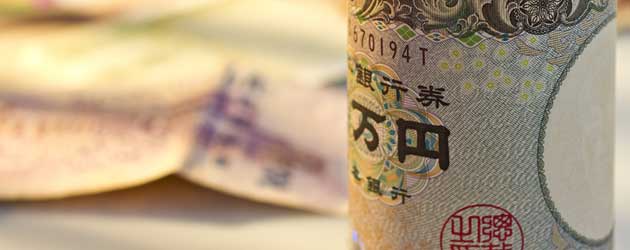
The Yen has strengthened against all of its major peers after the Bank of Japan’s governor Haruhiko Kuroda reiterated current policy-easing options, dampening expectations that he will reveal new monetary easing measures next week.
Kuroda addressed the Japanese upper house of parliament after telling the lower house earlier in the week that he aims to hit his target of achieving 2% annual inflation over the next two years.
“Kuroda’s been talking up more aggressive easing and stamping out deflation,” said Janu Chan, a Sydney-based economist at St. George Bank Ltd.
“If the governor does what’s expected, we’ll probably see limited reaction. There’s probably more risk that the yen strengthens than weakens.”
The weakness of the Yen has forced the Japanese to boost its use of cheaper fuels such as coal as it attempts to counter the rising cost of importing oil and gas. New Prime Minister Shinzo Abe’s policies aimed at raising exports have weakened the yen, making energy imports priced in dollars more expensive. At the same time, the nuclear industry enters a third year of near total shutdown, meaning Japn needs the lowest cost option to cap its trade deficit.
Against the Euro the Yen has strengthened to a one-month high as the single currency is weighed down by worries of capital outflows from the Eurozone. Cypriot banks open for the first time in ten days and worries are high that a bank run could occur. Italy’s inability to form a government and break the ongoing political stalemate as well as disappointing jobs data out of Germany has caused the single currency to fall against its peers. Rising yields of Slovenian bonds also weighed on the Euro.

Comments are closed.